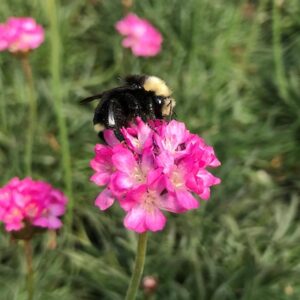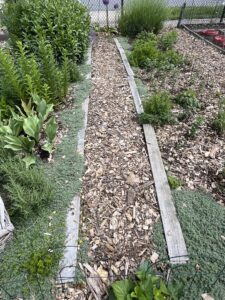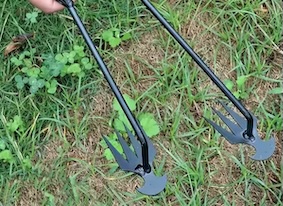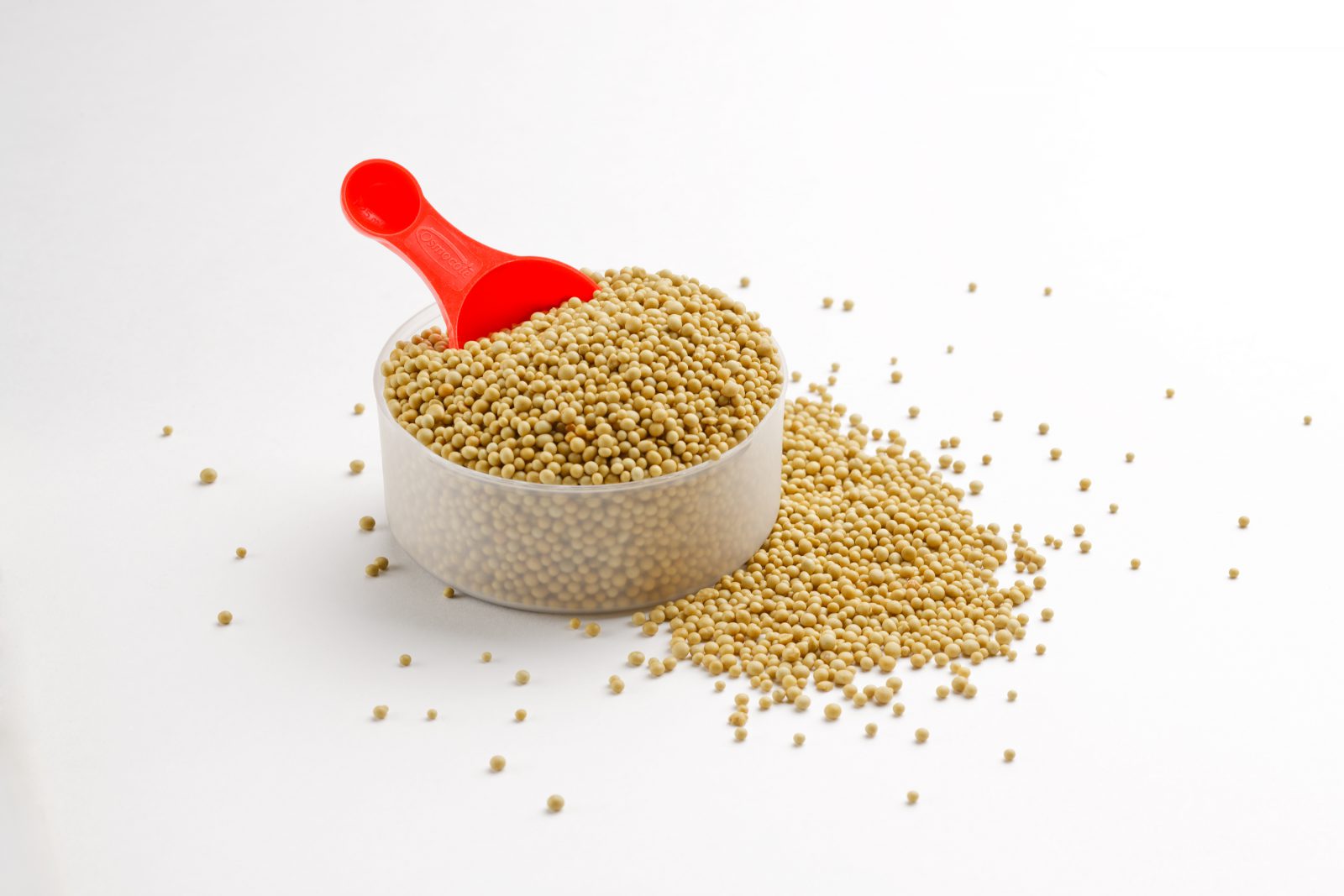Groundcovers In the Vegetable Garden
Views: 3837

Let’s talk groundcovers in the vegetable garden. When we talk about covering the soil in a vegetable garden, we usually talk about laying down a mulch such as straw, buckwheat hulls or even cardboard. But it occurs to me, why not use a groundcover? This is a post where I am mostly brainstorming the idea of using a living plant as a groundcover where usually we use something inert. I haven’t actually done this myself, know that gardeners have employed this technique.
Why We Cover the Soil
- First, let’s briefly go over why we want to/need to/should cover the soil in our vegetable gardens. Covering the soil:
- conserves soil moisture by slowing evaporation, and thereby…
- reduces the need for watering
- suppresses weeds,
- slows erosion,
- reduces soil temperatures and prevents wide fluctuations.
Covering the soil also attracts earthworms who come for the nutrients in the organic matter. And the more earthworms we have, the more spaces for air and water there are and more nutrients (thanks to earthworm poop) for the plants’ roots.
What About a Living Groundcover?
Plenty of farmers and gardeners plant “living mulch” as a cover crop like oats or winter wheat. Maintaining a living crop in the ground year-round helps maintain a healthy soil microbiome and minimize erosion. Many of those cover crops are turned under or removed to plant a different crop.
But what about a living perennial groundcover in a vegetable garden? Something that would stay in place permanently? Let us think about the pros and cons:
Pros:
- acts in all the ways a mulch does – regulates soil temperatures, slows evaporation, suppresses weeds, etc.,
- provides a “home” for the soil’s microorganisms, which in turn helps the garden’s crops,
- can attract and sustain pollinators, which in turn can pollinate the garden’s crops.
- is a pleasant fragrance in the garden as you walk on it, depending on the plant.
Cons:
- a perennial, i.e. permanent planting may make growing and harvesting some crops difficult,
- low-flying pollinators are easily hidden and are in vulnerable positions as gardeners walk through the garden (spoken as someone who stepped on a stinging creature as a kid!).
Looking at the pros and cons, I think the pros outweigh the cons. The issue of these permanent plantings making it difficult to grow, harvest and rotate crops in the garden can be overcome in two ways: 1) use the groundcovers in the garden’s permanent aisles and keep it trimmed to that space, and 2) use the groundcovers where your perennial vegetable crops are located, such as around your rhubarb, chives, asparagus and strawberries.
What Groundcovers to Use in the Vegetable Garden
When this groundcover idea popped into my head, I went straight to the expert. Kathy Jentz is the author of Groundcover Revolution, a book about using groundcovers in place of lawns. What groundcover would she recommend for a vegetable garden?
“I’d say clovers, especially a micro-clover,” she wrote. “Both creeping thyme and creeping rosemary will work, too, as long as the veggie garden is in full sun and has good drainage, which most do.” Kathy wrote that some fellow gardeners in her Fenton Street Urban Park Community Garden had used groundcovers to fill in their garden paths. Here’s what that looked like:

A gardener at the Fenton Street Urban Park Community Garden uses a creeping herb as a groundcover in a garden plot.
I also contacted a wholesale-only nursery in Oregon specializing in groundcover plants, a brand called FootPrince. They recommend Corsican mint and any of the thyme groundcovers, neither of these are meant for consumption, by the way—so don’t eat them!—but they smell wonderfully in the garden. They also recommend flowering groundcovers that are pollinator-friendly and provide some color to the garden. Examples are Armeria maritima ‘Rubrifolia’ and Dianthus gratianopolitanus ‘Tiny Rubies,’ both of which sport pretty pink flowers that pollinators love.
Meet Ellen Wells
When you’re raised on a farm, you can’t help but know a thing or two about gardening. Ellen Wells is our expert on edible gardening.…









